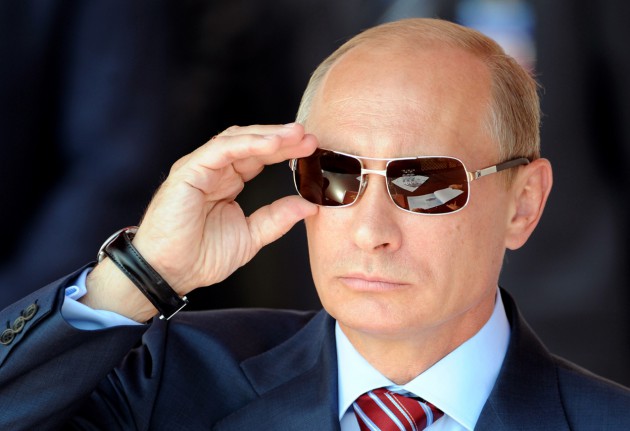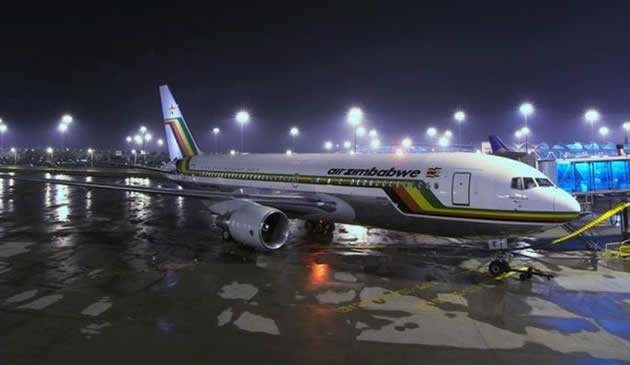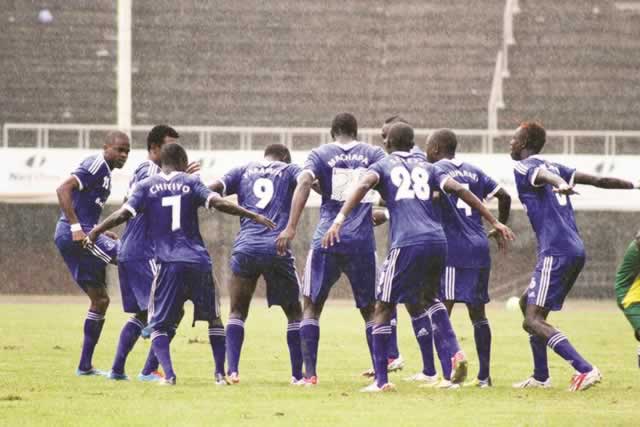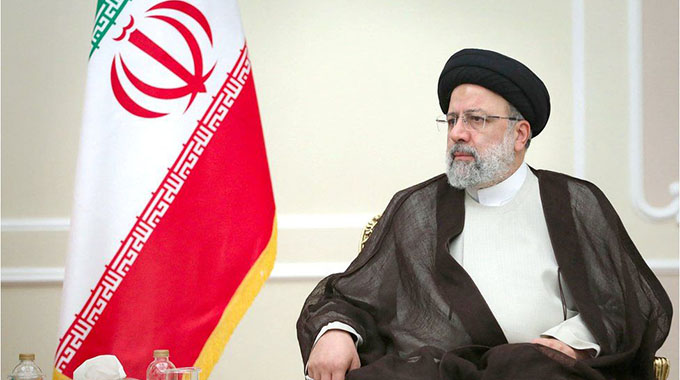The Day of a diplomat

On October 31, 2002 under the decree of the Russian Federation President V. V. Putin in honour of the bicentenary of the Russian Ministry for Foreign Affairs was established a professional holiday of the Russian diplomacy – the Day of a diplomat. The holiday was announced for February 10th – on this day falls the earliest mentioning of Posolsky Prikaz – the first Russian foreign policy office.
The origin of the national diplomacy dates from the 9th century when a young Russian state began to conclude its first agreements with Byzantine Empire. The creation of a special service for negotiating with the foreign states goes back to the era of Ivan the Terrible. The first record of the Posolsky Prikaz related to the “embassy administration” handed over to a minor official I.M. Viskovaty dates exactly from this age. The main functions of the Posolsky Prikaz were: sending Russian embassies abroad and the reception of foreign embassies, the preparation of texts of the “instructions” for the Russian envoys, agreements, negotiations, and from the beginning of the 18th century – assignment and control over the actions of the permanent Russian diplomatic representatives abroad. The Prikaz preserved state seals, as well as state archives, which included most important foreign policy and domestic records.
During the reign of Peter the Great, when Russia had affirmed its position as a great European power, in the leading states such as Netherlands, Turkey, Denmark, England, France were created regular Russian diplomatic missions. In 1720 the Posolsky Prikaz was replaced by the Foreign Affairs Office. In the 18th century, among the presidents of the Office were the most prominent Russian diplomats G. I. Golovkin, A. I. Osterman, A. P. Bestuzhev-Rumin, N. I. Panin and A. A. Bezborodko.
On September 8, 1802 under a manifesto of the emperor Alexander I was formed the Ministry of Foreign Affairs. The Head of the Ministry was the second person in public administration after the emperor – minister of foreign affairs in the rank of a chancellor. The Ministry central apparatus consisted of the Office, the Department of Internal Relations (which was in charge of all the political and consular affairs and issues concerning Russian subjects), Asian Department and the Department of Personnel and Economics. The central office of the Ministry of Foreign Affairs included also the Archives of the Foreign Ministry, Commission for the issue of state awards and agreements and editorial offices of the official publications of the Ministry of Foreign Affairs in Russian and French. Adopted in 1815, diplomatic ranks existed in Russia until October 1917.
After the October revolution, under the decree of the II All-Russian Congress of Soviets October 26 (November 8) “On the establishment of the Soviet of People’s Commissars”, was organised the People’s Commissariat of Foreign Affairs. On March 15, 1946 it returned its name of a Ministry. The major area of the foreign policy of Soviet diplomacy in the second half of the 2oth century was the struggle for peace, international detente and disarmament.
At present the organisational structure and the duties of the Ministry are defined by the Regulations on the Ministry of Foreign Affairs of the Russian Federation of July 11, 2004.
In November 1991, it was decided to reorganise the Soviet Foreign Ministry into the Ministry of External Economic Relations charging it with the functions of the Ministry of Foreign Economic Relations. After the collapse of the Soviet Union and the establishment of the Commonwealth of Independent States, the Ministry of Foreign Affairs of the Russian Federation succeeded to the Ministry of Foreign Economic Relations of the USSR. March 14, 1995 was approved the new Regulations on the Ministry of Foreign Affairs.
June 28, 2000 Russian President Vladimir Putin endorsed the Foreign Policy Concept of the Russian Federation, developed with the support of the Russian Foreign Ministry, in accordance to which “The Ministry of Foreign Affairs is working on the immediate implementation of the approved by the President of the Russian Federation’s foreign policy, coordinating foreign policy activities of federal agencies executive and controlling it”.
Today the Russian diplomacy plays a significant role within the UN, G8, G20, APEC and other world and regional forums, promotes ties of friendship and cooperation with other states.
A diplomat of our times is completely different from the one of the past centuries. Modern diplomacy has become by far diverse and dynamic. It requires a wider range of knowledge in various fields such as environmental issues, climate change, fighting terrorism and many others. While its method evolves towards multi-vector net-working, the chief task remains the same – security favourable external conditions for the national development.
But the best fundamental traditions of the Russian diplomats are still going strong, and among them – high professional culture, profound knowledge of international relations, commitment to their own country and respect for the countries of posting.
The Article was prepared by the Embassy of the Russian Federation in the Republic of Zimbabwe.
Embassy’s officials website: www.ruszim.org.zw, follow us on twitter @RuEmbZimbabwe and like us on RuEmbZimbabwe








Comments